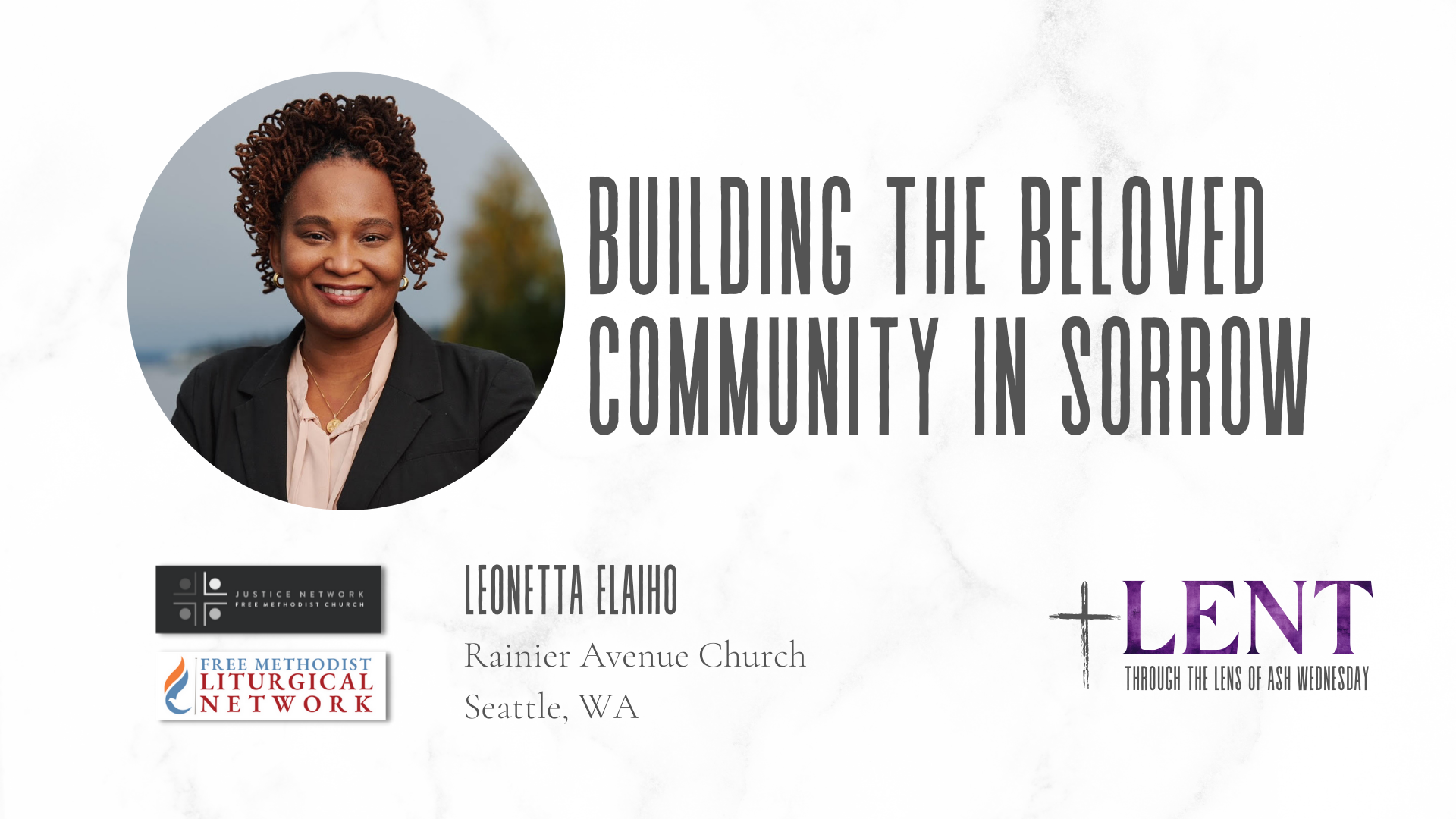
Perhaps like some of you, I have felt overwhelmed with grief in this Lenten season. Our family has dealt with chronic illness which has broken us all open to what has felt like unrelenting sorrow and pain. This, of course, is in addition to the collective experience we are all having through a pandemic, ongoing and perpetual racial violence and inequities, war and the threat of war, the mass exodus of families fleeing their homelands for safety and refuge, and so much more. Here in Seattle where I live, there is also an emergency of unhoused persons that has created a moral crisis that cannot be ignored. At times like this, it seems our collective sorrow reaches a choral crescendo of pain where in unison we could cry out, “My God, My God, why have you forsaken us?”
I was reminded of the beautiful truth that God has a rich history of dealing with, and working through, broken things—whether hearts or whole systems. This truth frees us up to surrender to our grief and lament. For me, that means when I feel the urge to weep (which is often these days), I weep. Sitting in the car, alone in the bathroom, with trusted friends—if the spirit moves me to grieve, I try to surrender. Lament allows us to reconcile the present circumstances with the truth of who we are. It acknowledges the present pain but also affirms without question, “This is not how it’s supposed to be.” But Christ does not leave us there.
On Maundy Thursday, the eve of Jesus’ death, with his own heart heavy with sorrow, he instituted two important practices he invited us to continue; one was of service (washing of feet, John 13) and the other was of remembrance (the last supper, Luke 22:13-23). In sacred service, we are invited to renewal in addressing the needs of others. In sacred remembering, we are invited to renewal in remembering our identity as children of God.
Both practices are communal acts meant to be experienced with others. In this type of Beloved Community, our actions, despite our own pain, reflect the humanity, beauty, and immeasurable worth of all created beings—each formed in the Imago Dei. The practices of service and remembrance help to move us from the “This is not how it’s supposed to be” to the “This is what is possible.”
Despite what we may be carrying in our own lives and the sorrow we may be witness to in this season, like Jesus, may we find the strength to “take up our cross” in community. And there, may we receive Jesus’ invitation to serve and to remember in community as an opportunity to heal our own pain.

Leonetta Elaiho is a lay leader and member of Rainier Avenue Church in Seattle, WA. She is a Spiritual Director working to make the practice more accessible to BIPOC leaders and young people through personal practice and communal offerings. Leonetta has worked in community and youth development, program leadership and philanthropy for twenty years at the local, national and international level. She is also a board member of the Ignatian Spirituality Center. She thrives at the intersection of culture, faith and justice. Learn more about her spiritual practice at www.beautifulle.com.
